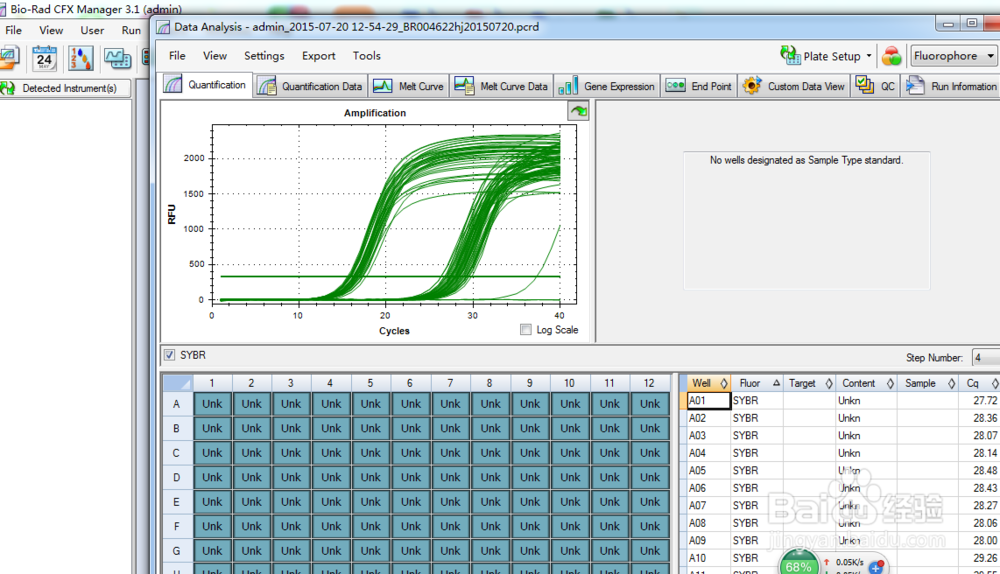


As one family member, cystatin 4 (CST4) is also known as salivary acidic protein 1 or cystatin-SA-III and regulates cysteine protease activity by specifically combining with cysteine proteases, in addition to preventing hydrolysis of the extracellular matrix. In the cystatin superfamily, seven genes (CST1–5, CSTP1 and 2) have been identified. Numerous studies have reported that most type 2 cystatins are involved in tumor invasion and metastasis.

Because the occurrence of CRC is a complex process involving multiple genes and steps, the mechanism of its occurrence and development has not been clarified yet. IntroductionĬolorectal cancer (CRC) is the most common cancer-related cause of death worldwide, mainly owing to its high rate of metastasis. miRNA-6715-5p directly targets CST4 and negatively regulates its expression. CST4 may be involved in CRC proliferation and metastasis. Luciferase double-reporter assays showed that the upregulation of miR-6715-5p significantly reduced the luciferase activities of the CST4 3′-UTR plasmid in HCT116 cells. Regardless of CST4 knockdown or miRNA-6715-5p overexpression, the proliferation and invasion ability of HCT116 cells decreased significantly. The expression of CST4 in CRC tissues was significantly higher than that in normal paracancerous tissues, but the results for miRNA-6715-5p were opposite. Luciferase double-reporter assays were performed to verify the relationship between miRNA and CST4. CST4 was knocked down in HCT116 cells and candidate miRNAs were transfected into HCT116 cells, and the effects of CST4 knockdown and miRNA transfection on cell proliferation and invasion were examined using CCK8, cell colony formation, and Transwell migration assays. miRNAs targeting CST4 in CRC were predicted by bioinformatics software. The expression level of CST4 in specimens (cancer and normal tissues) was assessed through immunohistochemistry and/or quantitative polymerase chain reaction. The expression of CST4 was examined in cancer tissues and their corresponding adjacent normal tissues from 40 gastric adenocarcinoma patients. The aim of this study was to analyze CST4 expression and investigate its biological roles and related microRNA- (miRNA-) mediated regulation in CRC. Data on the correlation between CST4 and colorectal cancer (CRC) metastasis are scarce.


 0 kommentar(er)
0 kommentar(er)
